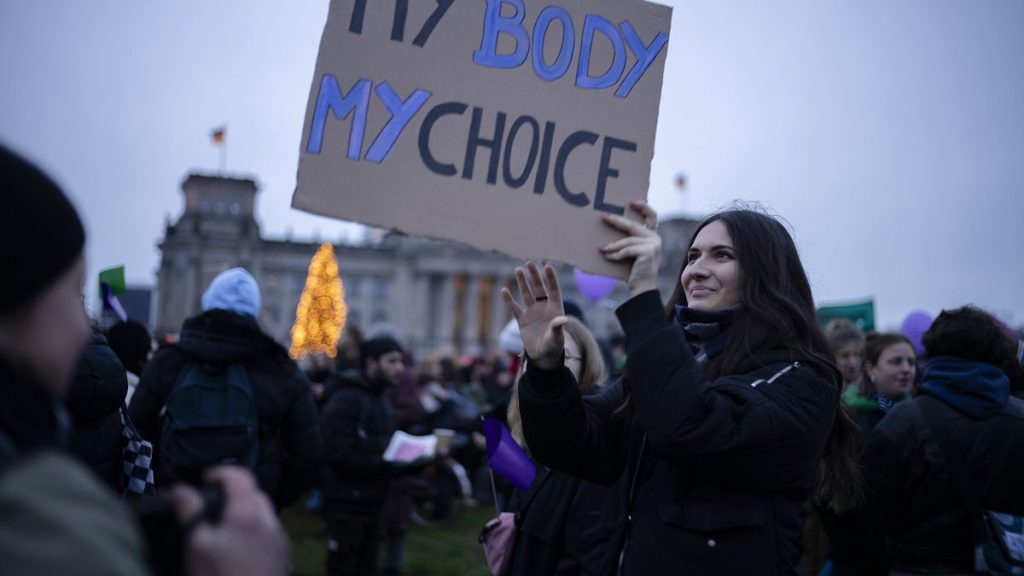The Citizens’ Initiative “My voice, my choice,” a Europe-wide campaign advocating for safe and legal access to abortion across the European Union, has achieved a significant milestone by gathering over one million signatures from citizens across the bloc. This accomplishment triggers a mandatory response from the European Commission, which must formally address the initiative and determine whether to propose legislative action. The campaign’s success highlights the growing momentum for reproductive rights within the EU and sets the stage for a potentially transformative debate on abortion access.
The initiative, spearheaded by the 8th of March Institute, a Slovenian non-profit organization dedicated to gender equality, aims to ensure that all EU citizens, regardless of their nationality or place of residence within the Union, have access to safe and legal abortion services. By surpassing the required one million signatures and exceeding the threshold in 15 member states, the initiative demonstrates a widespread public demand for improved access to abortion care and underscores the urgency of addressing disparities in reproductive healthcare across the EU. The campaign’s success also signifies a growing awareness of reproductive rights as a fundamental human right and a key component of gender equality.
The European Commission, the EU’s executive branch, is now obligated to formally respond to the citizens’ initiative. This response must be adopted by the College of Commissioners, the collective decision-making body of the Commission. While the Commission is not obligated to propose legislation based on the citizens’ initiative, it must provide a reasoned explanation for its decision. This process provides an opportunity for the Commission to engage in a comprehensive dialogue on abortion access within the EU and to consider potential policy options. The Commission’s response will be closely monitored by pro-choice advocates and will likely influence the ongoing debate on reproductive rights within the EU.
The “My voice, my choice” initiative comes amidst a broader discussion on reproductive rights within the European institutions. The European Parliament, the EU’s legislative body, recently voted in favor of including access to abortion in the EU’s Charter of Fundamental Rights. This symbolic vote reflects the Parliament’s support for reproductive rights but does not have immediate legal implications, as amending the Charter requires unanimous agreement from all 27 member states. The inclusion of abortion rights in the Charter would be a significant step towards enshrining reproductive rights as a fundamental human right within the EU legal framework.
However, achieving such consensus remains a challenge due to varying perspectives on abortion across the member states. Some countries maintain restrictive abortion laws, while others have more liberal approaches. These divergent views have led to internal disagreements within the European Commission, including the transfer of responsibility for sexual and reproductive health from Health Commissioner Olivér Várhelyi to Equality Commissioner Hadja Lahbib. This shift highlights the political sensitivity surrounding the issue of abortion and the challenges in reaching a unified EU position.
Commissioner Lahbib has acknowledged the disparities in abortion access across the EU and emphasized the need for a consensus among member states to address this issue. While recognizing that abortion is primarily a member state competence, she expressed hope for finding common ground to protect women’s lives and reduce inequalities in access to reproductive healthcare. The “My voice, my choice” initiative provides an impetus for this dialogue and may contribute to finding solutions that respect both national sovereignty and the fundamental rights of women. The initiative’s success serves as a powerful reminder of the importance of citizen engagement in shaping EU policy and advocating for fundamental human rights. The European Commission’s response will be a critical moment in the ongoing struggle for reproductive rights and could have far-reaching implications for women’s health and autonomy across the EU.














